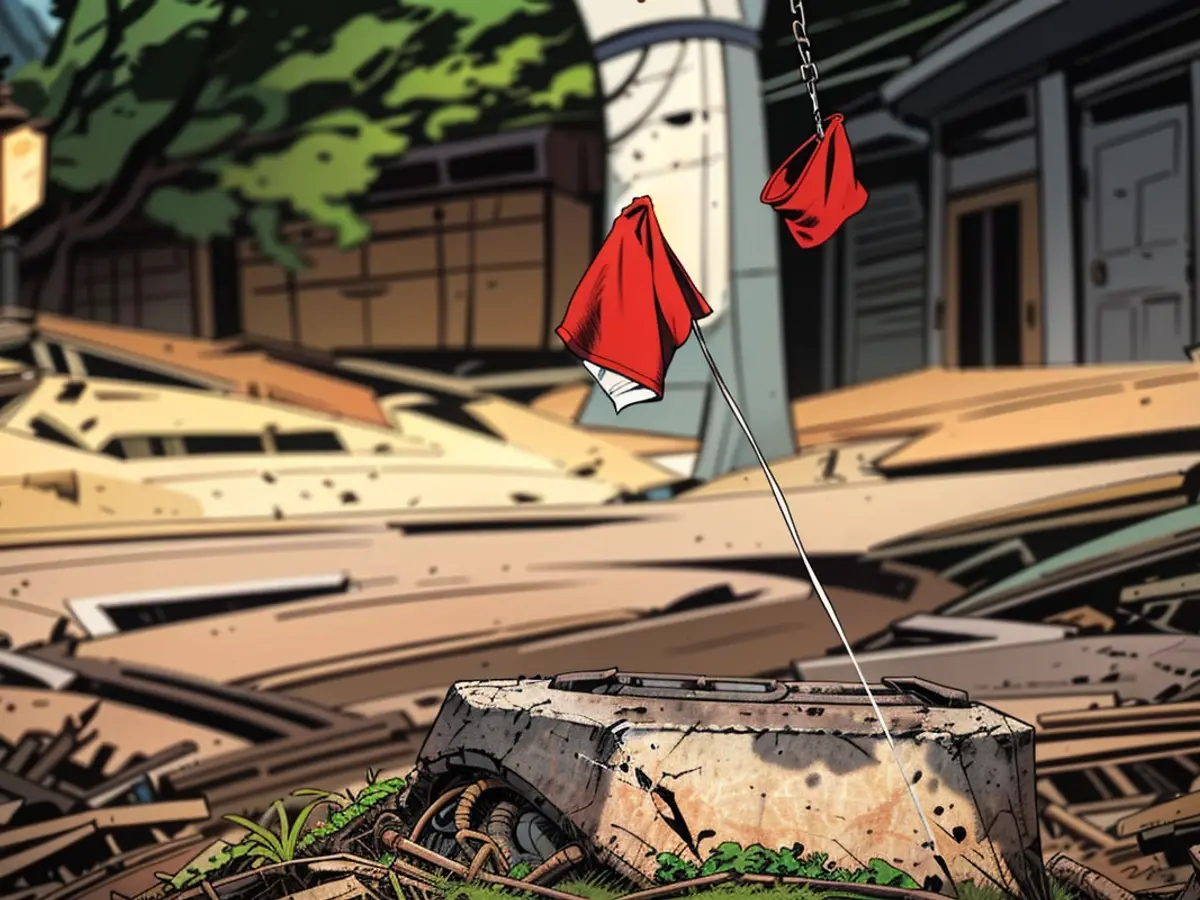Recent pursuit for injured German military personnel (Wehrmacht)
Last year's quest for a concealed mass grave containing the remains of over 40 executed Wehrmacht soldiers in France failed to yield results. Now, a year later, a fresh investigation is underway due to more evidence surfacing. However, the muddy terrain has caused complications, with the ground-penetrating radar vehicle getting stuck, as reported by Diane Tempel-Bornett from the German War Graves Commission. Driven by new eyewitness testimonies, investigations are now focusing on an area approximately 150 meters further downhill from the initial site. If positive outcomes are found, there might be new excavations.
In June 1944, French resistance fighters sought revenge by executing 46 Wehrmacht soldiers and one Frenchwoman suspected of collaboration in a forest near the commune of Meymac, located in the central French department of Corrèze. This retaliation was a response to the brutal crimes committed by SS troops in the region. The SS had hanged 99 civilians in Tulle, located 50 kilometers southwest of Meymac, just a few days prior to this event. The town of Oradour-sur-Glane witnessed the worst massacre of World War II in Europe on June 10, resulting in 643 casualties.
The search for these remains commenced a year ago, spurred by the revelations of Edmond Réveil, a former resistance fighter then aged 98. This was his first public admission of the mass killing of Wehrmacht soldiers held captive by his resistance group. A preliminary excavation in the late 1960s recovered the remains of eleven individuals, but these excavations were halted upon the request of the then mayor.
Despite the initial investigation in France not unearthing any concrete evidence, renewed interest in the case has led to a new investigation in Germany. The German War Graves Commission, headed by Diane Tempel-Bornett, is now involved in the investigation due to new evidence and testimonies.
Furthermore, the potential discovery of the executed Wehrmacht soldiers could spark international attention, given the significant historical context of the events in Corrèze, France during World War II.






